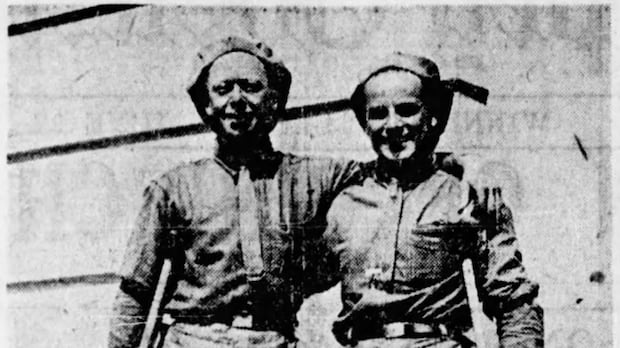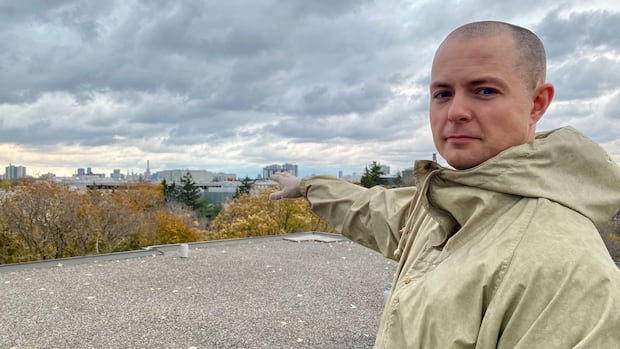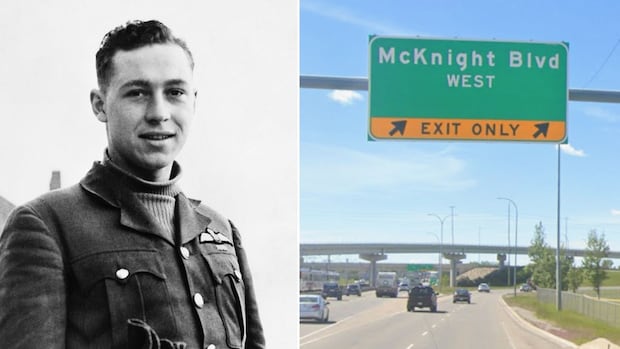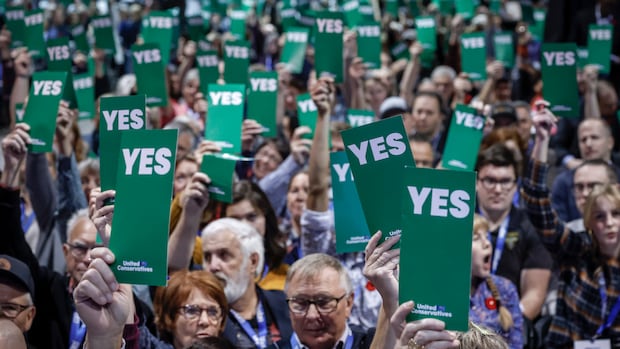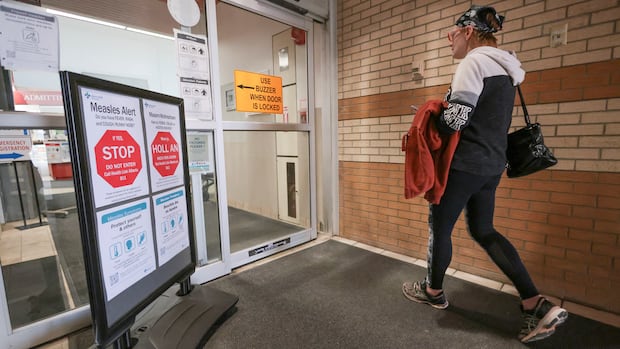United Conservative Party members can pat themselves on the back for repeatedly getting Premier Danielle Smith’s government to put their wishes into action.
She has banned vote-counting machines, cracked down on professional regulators, restricted solar panels on farmland, added “medical choice” language into the Alberta Bill of Rights, and required parental consent for students changing their pronouns — all after the UCP grassroots passed policy resolutions at party conventions.
Later this month, UCP activists will bid to push the Smith government farther than ever at the annual meeting in Edmonton.
They want Alberta to place new restrictions in policy areas where Smith has, to this point, been reluctant to tread.
Rainbow or transgender pride flags: ban flying them or any other non-official Canadian, Albertan or municipal emblems at government buildings, schools or universities.
Fluoride: stop municipalities from adding it to their water systems.
Abortion (that perennial third rail of Canadian politics): don’t publicly fund late-pregnancy abortions except when there’s “serious risk” to a mother’s health.
COVID vaccines: apply the recommendations of a provincial review the province has largely ignored this year, pause mRNA vaccines and educate the public about purported problems with them.
One resolution stands to put the grassroots on a direct collision course with one of Smith’s own policies.
That’s on auto insurance, where the UCP government has announced moving to a lawsuit-limiting “no-fault” system for accident claims starting in 2027, but a policy resolution to be debated at the party gathering proposes to repeal that legislation.
Karamveer Lalh, the Edmonton injury lawyer who proposed the resolution, said he intends to pitch it as a “rights to court access” issue among a party base that often takes rights issues seriously.
“I think the concept of no-fault, meaning you don't have to take responsibility for your own actions, is something that is generally offensive to probably a bulk of party activists,” Lalh told CBC News in an interview.
If the resolution gets overwhelming support on the convention floor, he added, “I hope it prompts the government to take another look at this policy.”
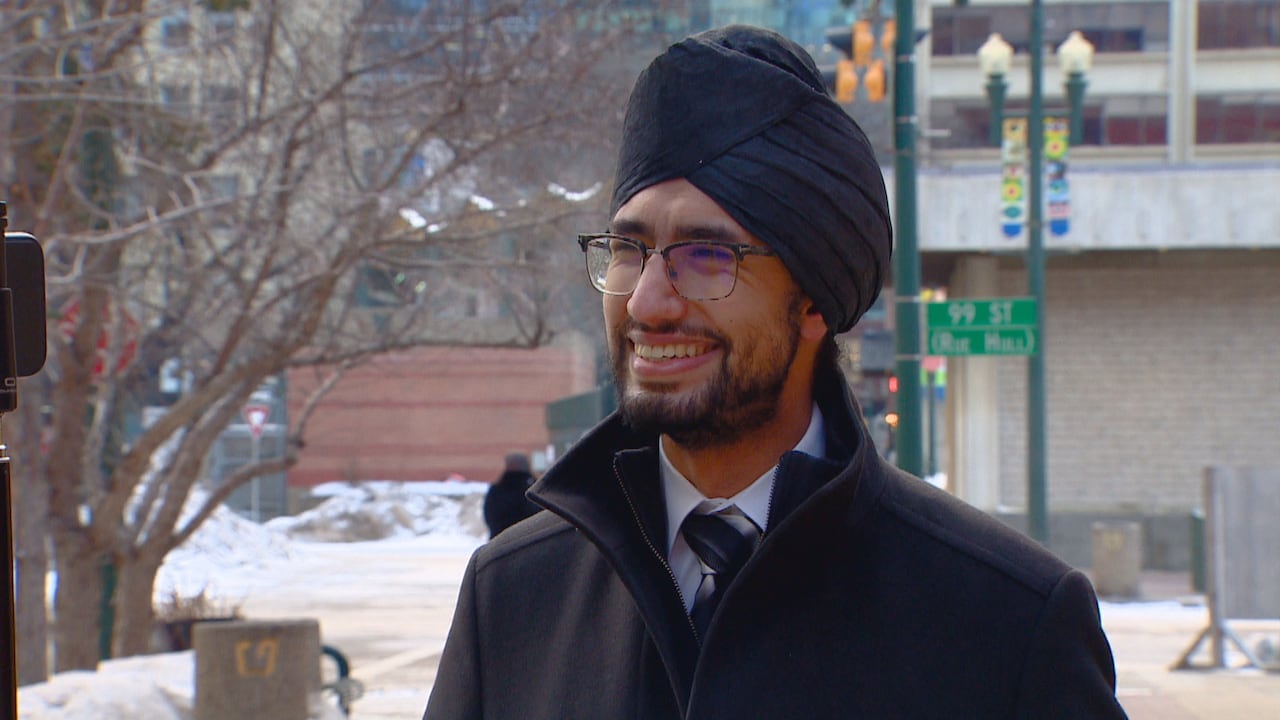 Injury lawyer Karamveer Lalh, a former researcher for the UCP caucus, is proposing the government undo its own insurance reforms. (Scott Neufeld/CBC)
Injury lawyer Karamveer Lalh, a former researcher for the UCP caucus, is proposing the government undo its own insurance reforms. (Scott Neufeld/CBC)An early indicator of how popular Lalh’s idea is with party members: they voted to make it the No. 1 resolution at the convention, meaning it will get debated first.
(Lalh was also among the many injury lawyers who made corporate donations totalling $78,750 last quarter to the United Conservatives.)
Smith and her cabinet ministers have spent the last year championing the move to no-fault insurance as a way to help curb rising premiums — and deflecting criticisms of the system, especially from civil trial lawyers whose businesses stand to take a serious hit.
But the premier has spent far longer than that trying to prove she heeds the wishes of her UCP base.
Since becoming leader in 2022, she’s aimed to be the antidote to what frustrated her party activists about her predecessor Jason Kenney, who pledged a “grassroots guarantee” as UCP leader but also declared “I hold the pen” on policy when party resolutions got too controversial.
The UCP grassroots pushed him out before his first term as premier ended and ushered in Smith.
At last year’s convention, Smith won a ringing endorsement from convention-goers, with 91.5 per cent support in her leadership review.
On the day members voted, she held an “accountability session” to go over all the policy resolutions the party passed in 2022 and 2023, and to prove how earnestly she heeded their input. (Members in the Smith era almost never reject a resolution that makes the floor; most pass with huge majorities.)
To repeated cheering from her partisan faithful, Smith kept pronouncing “Done!” as colleagues read off old resolutions that had become government legislation or policy.
“So thanks for your guidance on that,” she said about the pronoun rule her government had introduced in the legislature that same week.
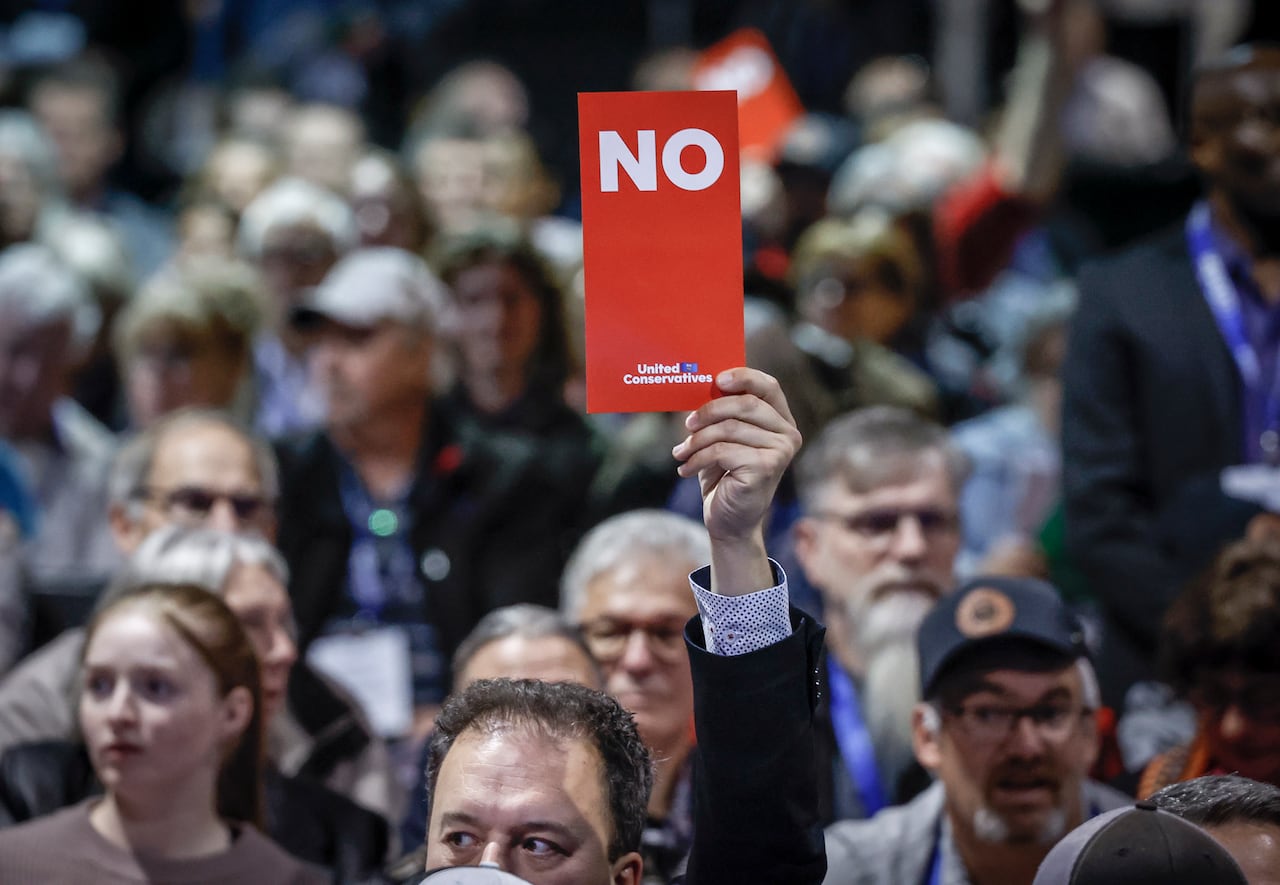 UCP delegates who vote against policy resolutions tend to be few and far between. (Jeff McIntosh/The Canadian Press)
UCP delegates who vote against policy resolutions tend to be few and far between. (Jeff McIntosh/The Canadian Press)There were no resolutions that she’d reported rejecting outright, but Smith marked many “in progress” or said she’d continue consulting on them.
She’s holding another accountability session this year to review all the resolutions the UCP passed in 2024, a party spokesman confirmed Monday. That may reveal there remains some discretion in the resolution-to-law pipeline.
One party resolution called on the government to stop designating carbon dioxide as a pollutant. Not done.
Another called on the government to prohibit unions from donating to political parties. Not done. In fact, the spring bill that made corporate contributions legal again did the same for labour groups.
One called for reserving women’s bathrooms or change rooms for biologically born females — excluding trans women and other gender diverse individuals, in other words. Not done, even if a senior aide to Smith hailed the resolution at the time.
In fact, when the party demanded a ban on trans women in women’s prisons in 2023, Smith didn’t do anything either, saying at last year’s accountability session that it’s more of a federal issue.
However, it seemed earlier in Smith’s premiership that the self-professed social libertarian didn’t want anything to do with transgender policy issues. Then her party members started getting vocal, and she started passing legislation on trans health care, school life and sport.
Past UCP member resolutions have pushed the party in new directions — vote-counting machines weren’t on the Alberta public radar until the Banff-Kananaskis UCP Constituency Association brought it to the party convention floor two years ago.
But it would be new territory for the party membership to demand the Smith government directly backtrack on a government policy.
Or prohibit the kind of flag-raising Alberta has routinely done for Pride Month in June, or for less culturally hot-button occasions like honouring foster caregivers.
Or altering the funding policy for rare third-trimester abortions, a politically sensitive issue that Smith, like many other politicians, has said she won’t legislate on.
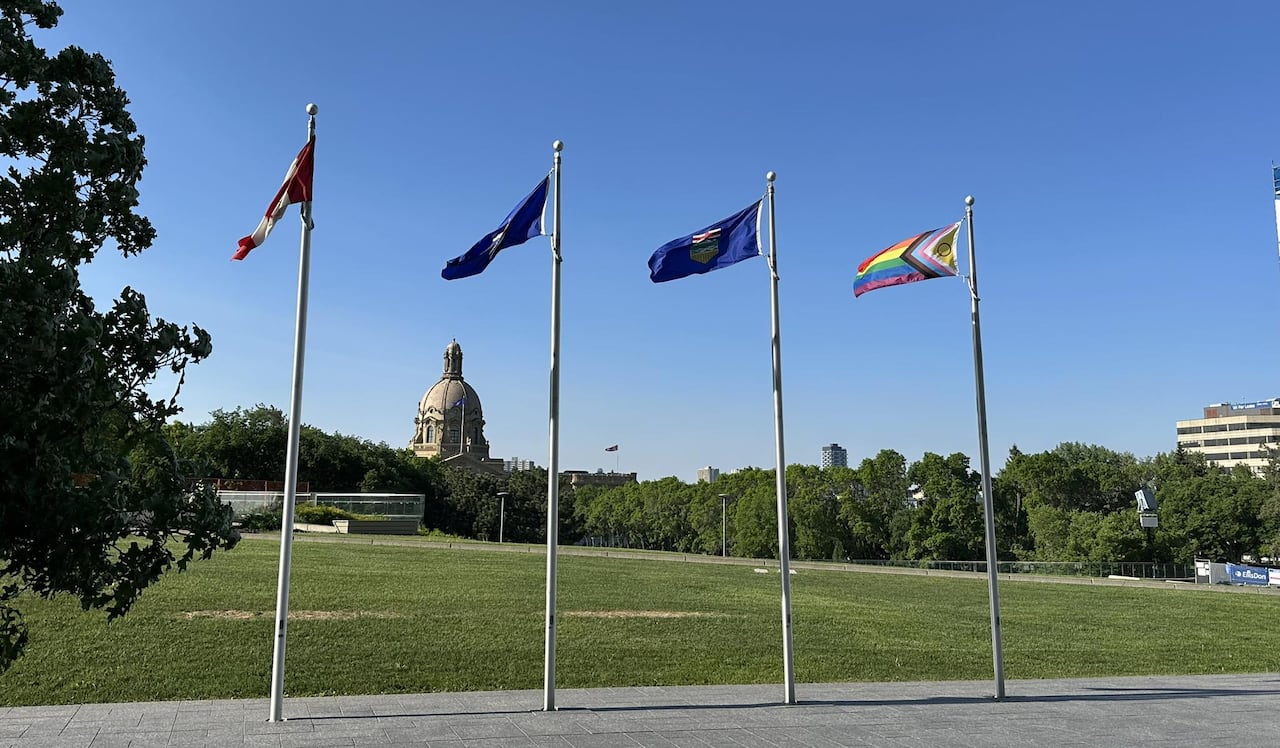 The Pride flag flew in June at the Alberta legislature grounds in support of the 2SLGBTQ+ community, as it has for many years. (Tanya Fir/Facebook)
The Pride flag flew in June at the Alberta legislature grounds in support of the 2SLGBTQ+ community, as it has for many years. (Tanya Fir/Facebook)Another 2025 resolution would require full disclosure to parents of all students’ extracurricular groups. That’s in direct response to existing policies that protect students’ participation in gay-straight alliances — and it’s almost exactly the proposal the UCP members embraced in 2018 and then-leader Kenney promptly shot down.
The premier doesn’t face another leadership review at the Edmonton convention.
Nor is the UCP scheduled to debate Alberta separatism, which has risen as a big issue among the party faithful.
But the grassroots to whom she’s given many policy inches appears to have miles of additional ambition, which may turn into expectation.
And in the past, she’s enjoyed being able to keep her base as happy as possible.


